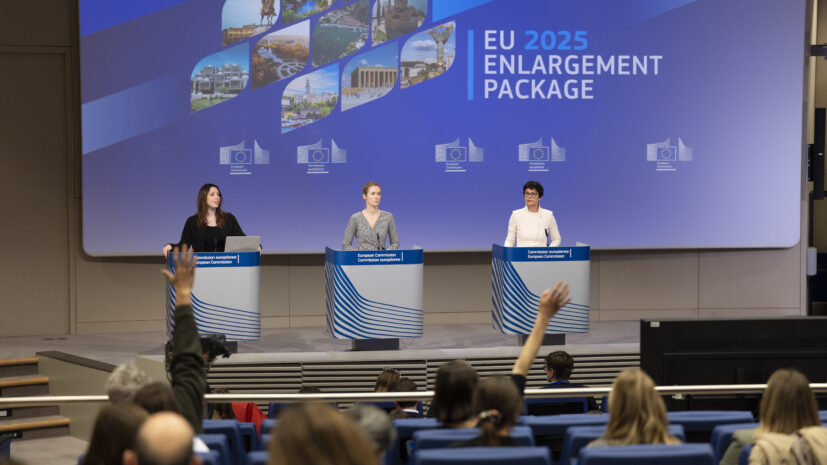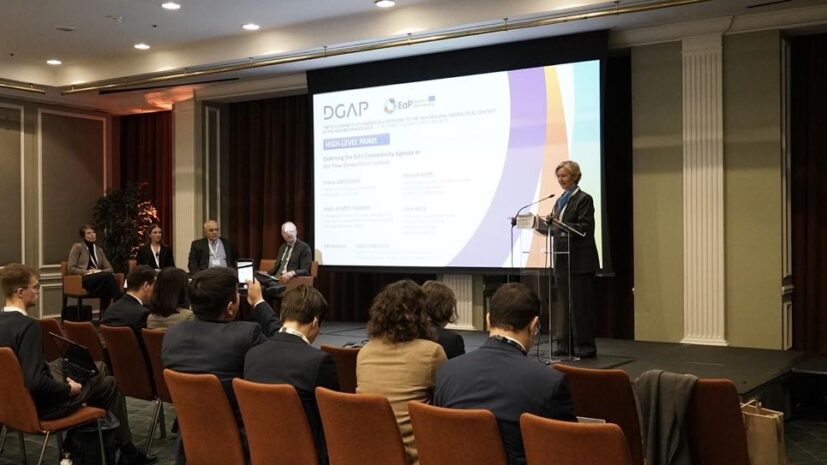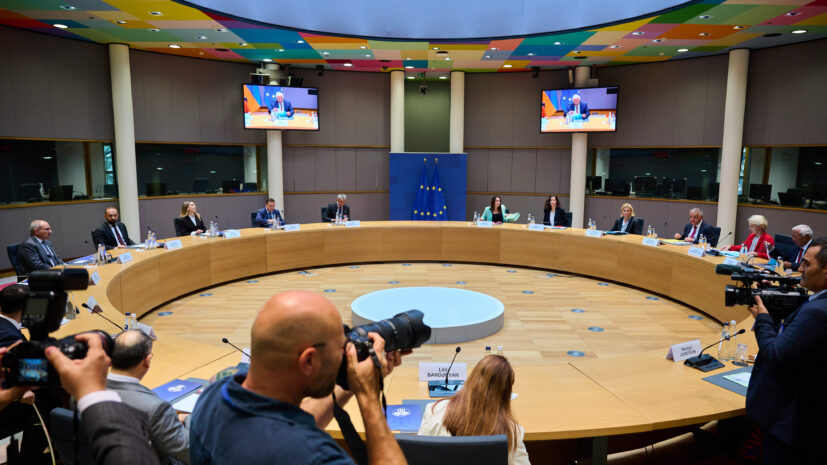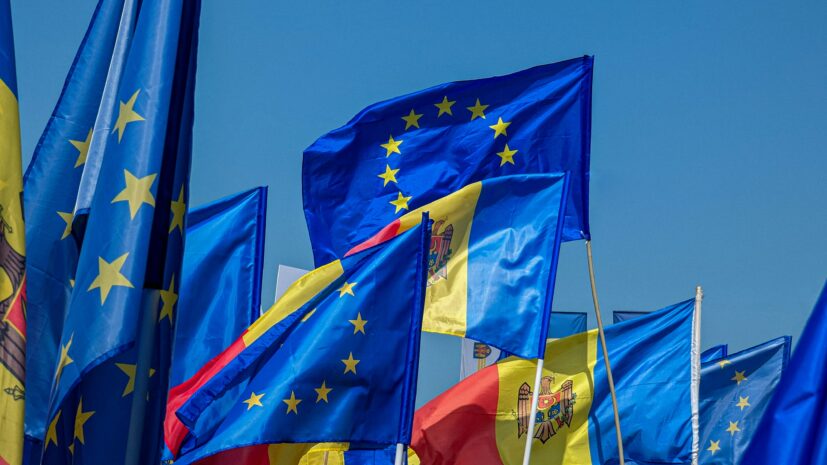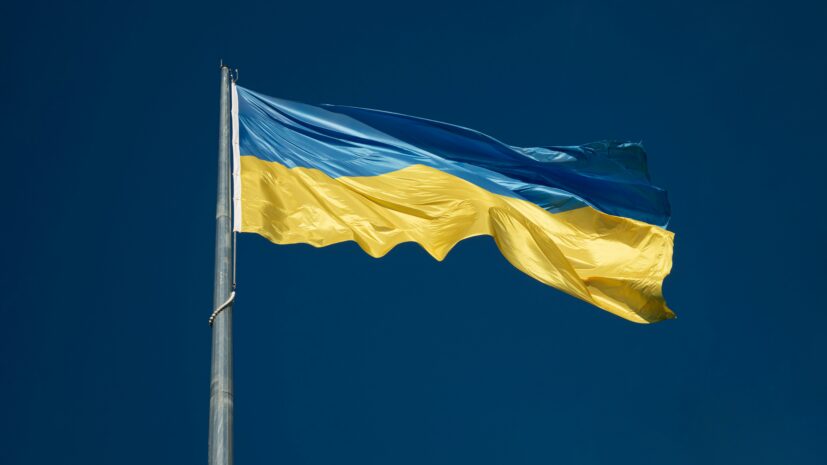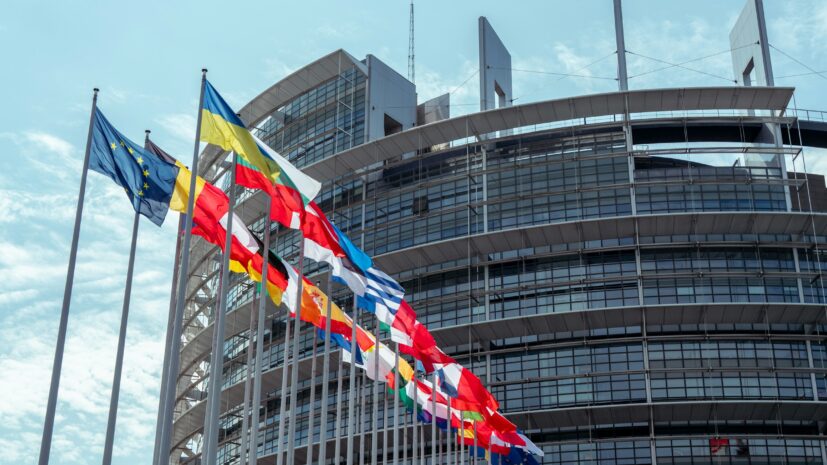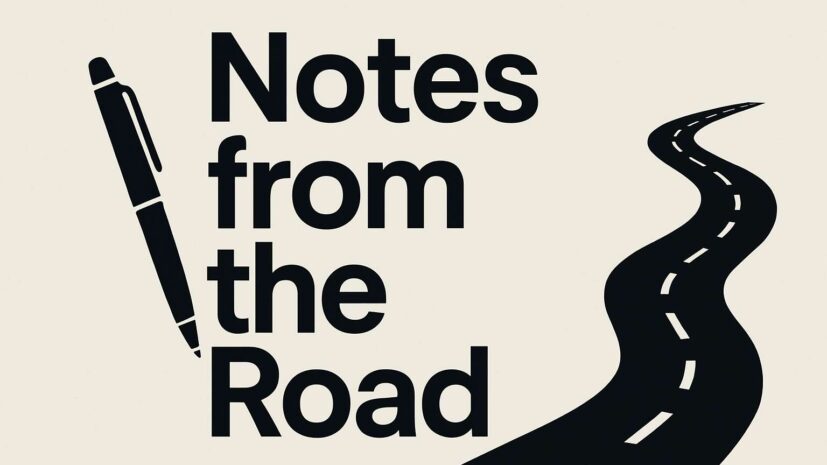Publications
Members of the Eastern Partnership Think Tank Network are encouraged to submit publications that have been (co-)written by them or pitch a publication. The aim is to feature relevant policy papers and contribute to discussions on the EU’s Eastern neighborhood and accession policies, as well as regional and country developments on the relevant topics for the region and network. You can either submit/repost a publication from your website or pitch us a publication. If you have questions, please get in touch with Mariia Lesiv at lesiv@dgap.org
Before submitting a publication, please consult the guidelines below and ensure that the submission fulfills the criteria and is suitable. After you have entered all the required information and submitted your publication, we will review it and – given that it is relevant – upload it to the website.
Please note that, for the moment, we limit the number of submissions that can be uploaded to two publications per member per month for re-posted articles.
Disclaimer: The network’s think tanks are responsible for the provided content. It does not necessarily reflect the views of either DGAP or the European Commission.
Guidelines:
Type: Analytical nature, e.g., reports, policy papers/briefs, research papers, or studies. Please refrain from submitting opinion pieces or commentaries (except for pitched ideas.) Please stick to the four DGAP formats. The length varies depending on the format. Before submitting, please have a look at the guidelines and ensure that the publication fulfils the criteria and is suitable.
Teaser: Provide a teaser of 450-500 characters that lays out your premise and main argument.
Language: English
Topics: The EU’s eastern neighborhood and enlargement policies, Russia’s war against Ukraine and its implications for the region, connectivity, foreign policy issues in the countries of the EU’s eastern neighborhood, domestic political developments in, and cross-regional topics that address the EU’s eastern neighborhood countries.
Check our more detailed guidelines here.
Publications Archive

